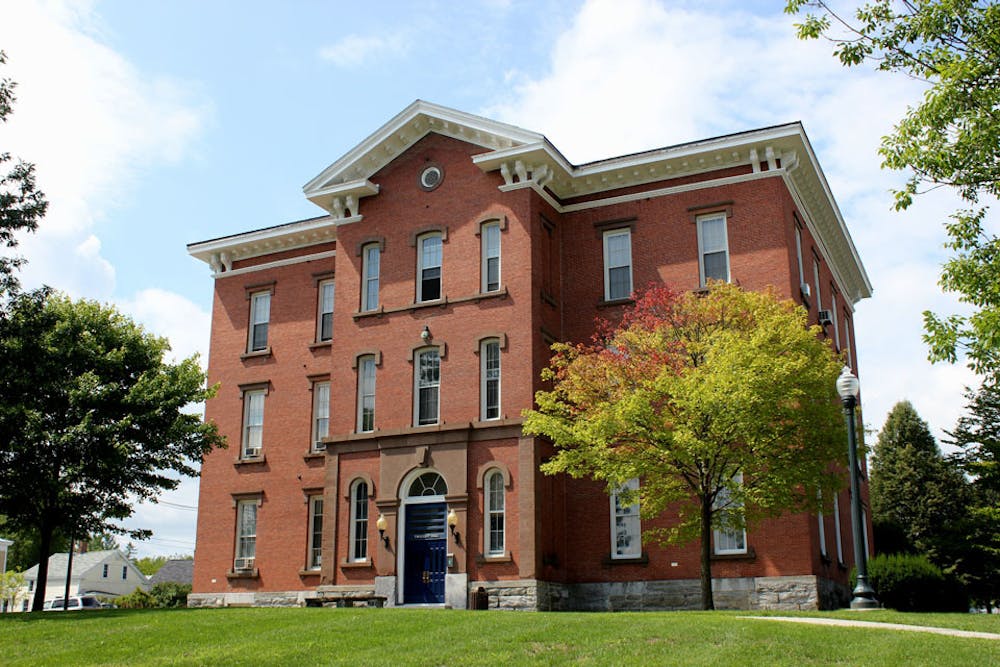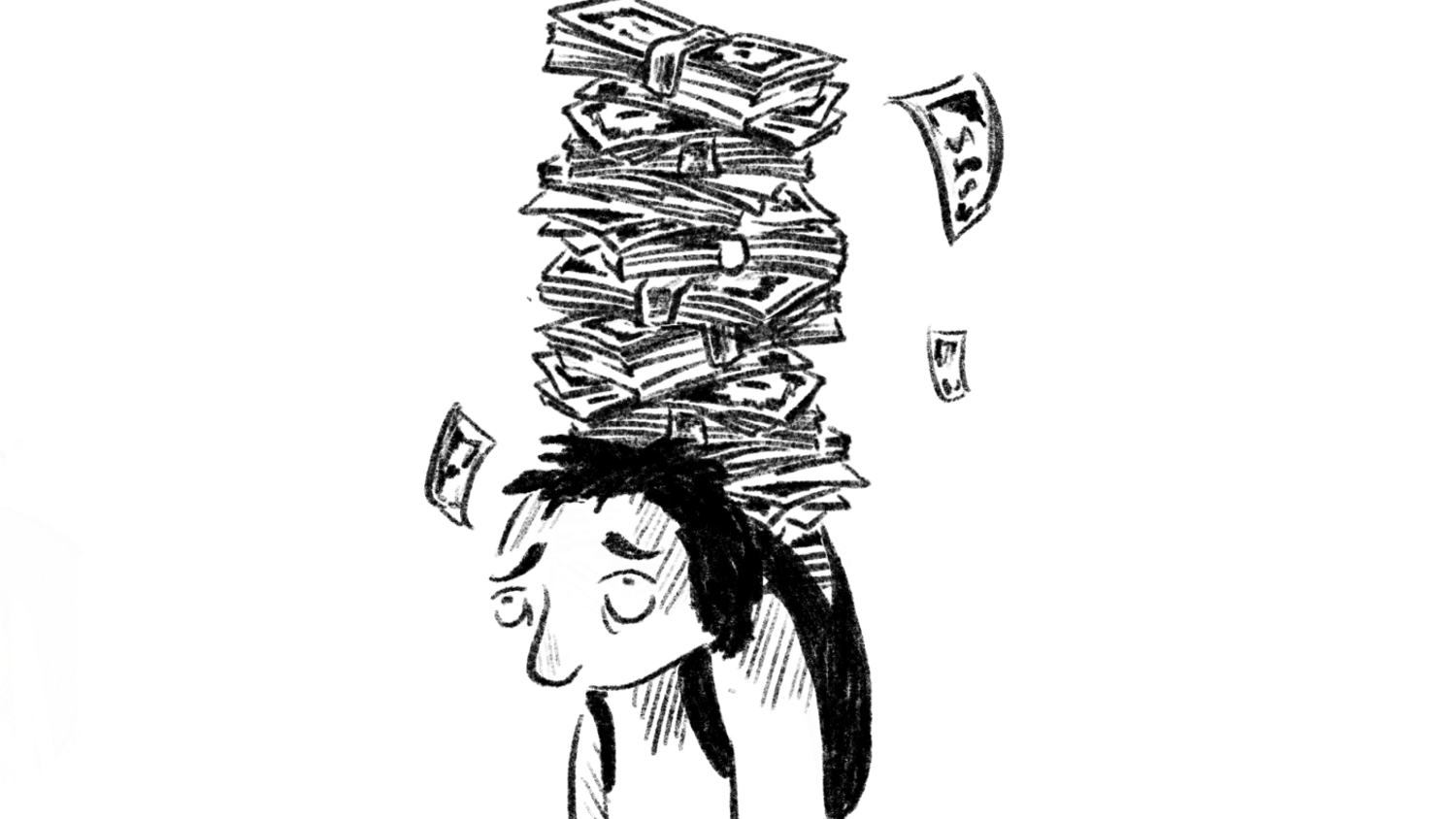Education Studies will be offered as a double major for the first time this semester, after the faculty voted to approve the new degree program last spring. Previously, Education Studies was only offered as a minor.
The double major is available only to students who are pursuing the coursework required for a Vermont state teacher licensure. In the past, students pursuing the licensure were obligated to take 12 to 13 courses, depending on their desired field of education. Such requirements exceeded those of most other programs at Middlebury, prompting administrators to conclude that the level of demand did not fit the program’s status as a minor.
Education Studies faculty first devised the double major in 2015.
“It was a marvelous affirmation from the faculty to receive that vote in favor of the double major. It was no small thing, and we in education studies will never take it for granted,” said Jonathan Miller-Lane, the program’s director, in a news release.
While the double major can be pursued for teaching at both the elementary and secondary levels, all students must complete four state-mandated requirements for licensure, including part-time teaching and passage of the Praxis national exam. Like the old program, students must still enroll in a “professional semester” of full-time teaching in a local school, either during their senior year or after their graduation.
Education studies double majors are also required to take three foundational courses: Education in the USA, Culturally Responsive Pedagogy and Models of Inclusive Education. The minor in education studies is also still available, and is intended for students who are interested in the field but do not aspire to teach.
“We want our students’ field experiences to be school-centered, not college-centered. That’s why our students in methods classes spend the majority of their time in the schools, and not here on campus,” Miller-Lane said.
People involved with the program share the hope that the double major could draw more interest to education studies, and to teaching itself.
“I hope that more Middlebury students become aware of and seriously consider committing to the double major through our licensure program to engage in the thoughtful, deliberate work that is required to be a well-prepared teacher,” said Tracy Weston, an assistant professor in the program. “I hope the move to a double major makes it clear that, as an institution, we stand for quality teacher education and recognize teaching as a serious intellectual pursuit.”
Jack Parker ’19, who majors in education studies and math, agreed.
“Minor just wasn’t an appropriate way to phrase the work that had been done,” he said. “I think one of the main reasons to make it a double major was to recognize that people put in a lot of work, and to attract students to the program.”
Parker stressed the importance of the program’s mission. “We’re studying the craft of education so that we can go do good, thoughtful, informed, effective social justice work,” he said.




